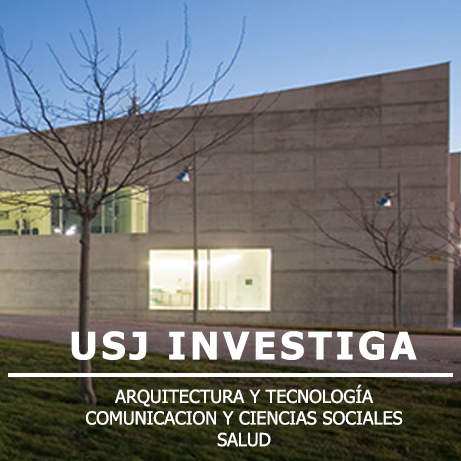Expediente: 2019-1-ES01-KA203-064439
Duración: 2019-2022
Financiación: 264.895 € Programa Erasmus +
Socios: UNIVERSIDAD SAN JORGE (coordinador, ES), UNIVERSITA DEGLI STUDI INTERNAZIONALI DI ROMA (IT), UNIVERSITATEA DE MEDICINA SI FARMACIE IULIU HATIEGANU CLUJNAPOCA (RO), universidad DE MURCIA (ES), UNIVERSITATEA BABES BOLYAI (RO), ALMA MATER STUDIORUM – UNIVERSITA DI BOLOGNA (IT).
Summary:
Medical interpreting as a profession and as an activity is very different from one European country to another and the needs are constantly changing, with the migration patterns always modified by social, economic and political events. In other words, all the countries have to adapt so as to offer the best interpreting services possible to those in need.
The situation that lead us into thinking that action is needed in the field of medical interpreting training is the following: on the one hand, Spanish and Italian universities providing such training very seldom offer Romanian courses (although the Romanian immigrant communities in these countries are very numerous); on the other hand, Romanian universities do not offer any medical interpreting course. All that in a context in which population movements –even with Romania as a destination– have kept intensifying during the last decade. The lack of higher education training in medical interpreting is probably one of the reasons why ad hoc interpreters are often used when there are foreign-language speaking patients in Romanian, Italian and Spanish healthcare services, being very likely a negative impact on communication and clinical outcomes.
At the end of the 3-year period, the project is expected to yield:
– a comparative analysis of the current needs and potential answers regarding medical interpreting in the three countries concerned,
– a learning platform with digital resources, and a set of guidelines and training resources for medical interpreting,
– multilingual guidelines for healthcare providers working with interpreters,
– 20 trained trainers with varied linguistic profiles (being 12 of them Romanian) who will be able to deliver training in medical interpreting,
– 36 translation & interpreting or foreign languages students trained for interpreting in medical settings,
– a curriculum for a joint blended learning module on medical interpreting to be implemented after the funding period,
– a volume containing the most important conclusions from this transnational experience.
The planned actions are designed to cover the entire range of objectives, and scheduled in a way that allows both a logical progression and parallel progress (i.e. the learning platform will be constantly enriched throughout the funding period, and the guidelines and training activities will be informed by the comparative analysis).


